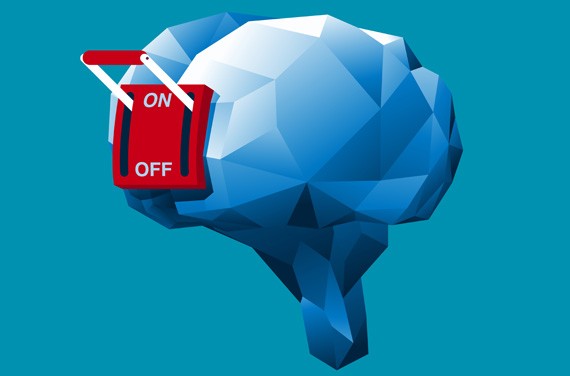How are you? What's in your head these days? In your heart? Are you coping? Managing? Can you shake the feeling of strangeness seeping into everything as you sift through your life, looking for pieces of your new normal?
Is it that bad? Is it worse?
As self-isolation unfurls like a ribbon before us all, Elizabeth Simms—a registered psychotherapist who runs a private practice in Dartmouth—says: "The head is saying it’s normal but at a cellular level, it feels really unnatural. I think people are swinging back and forth, a pendulum all day long. You can’t really escape right now. When you can’t distract yourself in the ordinary ways, the conditioned ways we’re used to be distracted: That, I think, is the most stressful thing for people.
"Our conditioned ways of coping are gone," she adds, a soothing voice pouring through the phone like water. "I see that as an opportunity for personal growth."
When asked what people can do to safeguard their mental health during the trying times of COVID-19, Simms says it's less about tips, tricks and building the most optimized routine: "It’s more attitudinal: Maybe cultivate the thought that this is an opportunity time. I like those subtle shifts rather than ‘do this’—you can do your yoga and journal and meditate every day and after five days, go nuts and have a fit."
A better game plan? Here's her professional advice:
"Just to keep perspective: It’s a very potent time to take charge of some of the negative thinking. As we all know, necessity is the driver of breakthrough—and the breakthrough can be “I really can’t be this isolated and alone and let my thoughts get this negative”—and you know, that discipline to realize. What I often say to people is: 'You can handle reality. It’s when you judge reality that you get anxious and tense'."
Keep being aware of your thinking, she adds, trying to focus on the good thoughts and let the bad ones pass: "We can't always cancel our thoughts. But, what we can do is, we don’t have to give them that much power."
"Sometimes when we have more time on our hands we do less. I recommend people lower their expectations and instead ask: What do I love? What do I need?" It's about "being kinder to yourself, especially if you’re home with kids. You’re not there for things to be perfect."
If everyone else's social media—full of homemade bread or home office efficiency—makes you spiral, think of it this way: "The whole thing around excellence is a very artificial creation of the 19th and 20th centuries. This whole idea of always being competitive—that’s a good thing if you love it, if it’s something you might wanna do, but it can’t be a way of life. There is a lifestyle that’s an art and it’s not perfectionist. It’s very much moment-driven and intuitively driven. It can be kind of a sport to be competitive…It’s not human nature."
Her parting words before she ended the call? "This is what this time can bring out: Because we’re losing so much financially, we have to look at that: What really does sustain me? What is sustainability?"
Make it your mantra for the days ahead.
Registered psychotherapist Elizabeth Simms wants you to know you are enough
"We can't always cancel our thoughts. But we don’t have to give them that much power."
[
{
"name": "Air - Inline Content - Upper",
"component": "26908817",
"insertPoint": "1/4",
"requiredCountToDisplay": "8"
},{
"name": "Air - Inline Content - Middle",
"component": "26908818",
"insertPoint": "1/2",
"requiredCountToDisplay": "8"
},{
"name": "Air - Inline Content - Lower",
"component": "26908819",
"insertPoint": "100",
"requiredCountToDisplay": "1"
}
]

